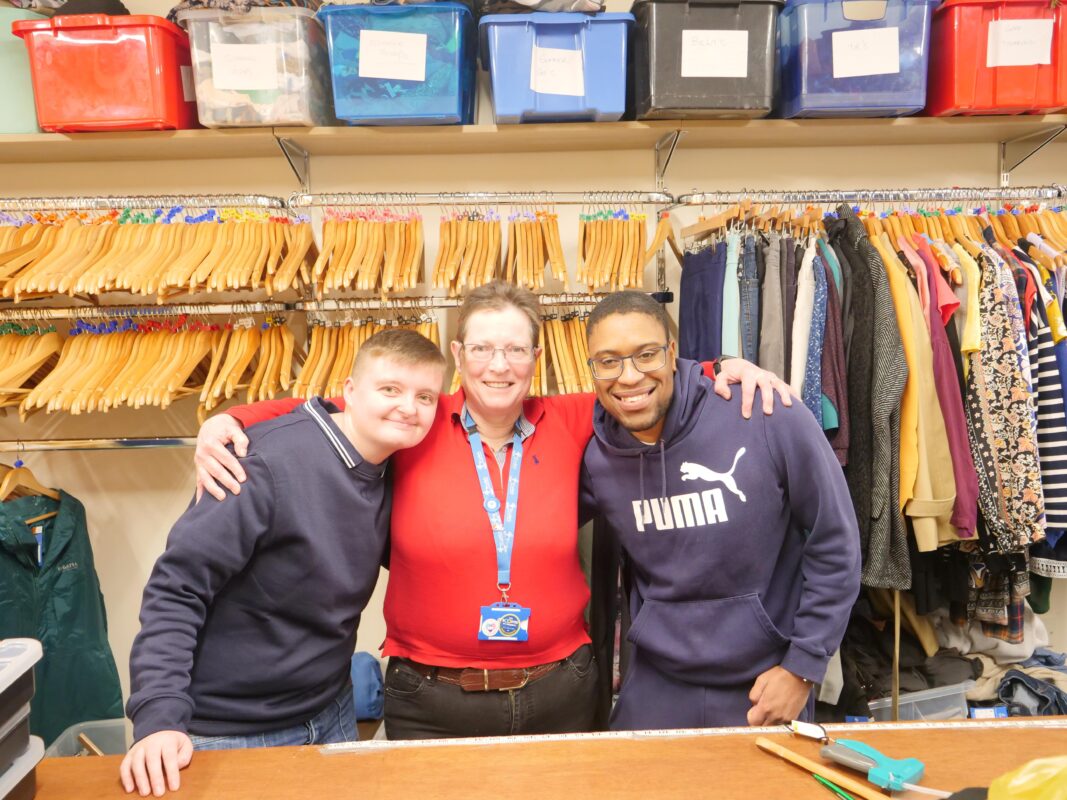Engineering is a ‘People’ thing, not a ‘Thing’ thing

I wonder what Ada Lovelace – the world’s first computer programmer – would have made of Jordan Peterson. Probably not much of his idea that women are biologically less suited than men to writing software, for sure.
Never short of an opinion and never shy about sharing it, Peterson has gained a lot of attention and followers in recent years, and he likes to talk about gender temperaments. As a clinical psychologist in reputable Universities I’ll trust he knows his neuropsychology. The problems come when we start to draw conclusions about the phenomena we see in society, education and careers.
This neuroscientific approach concludes that (generally speaking) women aren’t suited to careers as engineers because of their temperament. They want to be nurses because women are interested in people. Men, on the other hand, are interested in things, so they are much more likely to become engineers. The problem, of course, is that engineering is very much a ‘People’ thing rather a ‘Thing’ thing. This has been nicely described by researchers at Purdue University as ‘for, with, and as people’.
The vast majority of engineering work is carried out for the benefit of individuals, communities and nations, and it has global impact. Washing machines, MRI scanners, rail infrastructure, telecommunication satellites – all engineering accomplishments that improve human welfare, underpin economic growth, and let us visit and talk to one another with ease. Behind these products and systems are complex, global supply chains that rely on engineers from the moment oil or ore is taken from the ground.
Many engineers are directly motivated by the social outcomes of their work; many others are rightly proud of the positive impact engineering has on the world. This ‘concern for human welfare’ is codified in ethical principals of engineering bodies around the world, and has been for at least 70 years. Nowadays, the regard engineers must have for future generations – not even just the current one – is explicit.
Engineering is also a ‘People’ thing in terms of how we work.
Highly collaborative, engineering is a team-based activity, and this ability to work in teams is embedded in accredited engineering education courses. At NMITE, our students learn in teams from Day One and are explicitly supported in doing that, developing transferrable tools they can take into any team environment.
This kind of collaborative work benefits greatly from cognitive diversity – it makes teams more productive, more creative, and make better decisions. To leverage these benefits though, we have to avoid putting up cultural barriers that restrict cognitive diversity, such as suggesting that only one kind of thinker (or sex) can be a ‘good’ or ‘natural’ engineer.
Above the task level, engineers also need to communicate effectively with an extremely wide range of stakeholders that may well be differ from us culturally, politically and socially. Engineering relies heavily on good relationship skills.
Finally, we engineers are people, bringing with us our own perspectives, knowledge, experience and motivations. This is important because ultimately it impacts the kinds of challenges that receive the attention of engineers and the kinds of problems that do – and do not – get solved.
The history of technology is littered with biased solutions – Kodak film that did not distinguish the features on the faces of Black people, crash test dummies that don’t reflect female anatomy and hence injury, and the racist soap dispenser are just some examples. More progressive engineering education, such as that at NMITE, provides curriculum space to invites and equip students to think about their identity as a developing engineer, and to understand how this impacts their future career aspirations in the context of the many ethical challenges faced by professional engineers.
It is impossible to talk about contemporary professional engineers without asking What?, How?, Why? and Who?. The answers all lie in people, human welfare, and relationships.
The natural outworking of this has a hint of irony – that a real understanding of the profession makes women highly valued. So, if you want to attract more women in engineering, as students or professionals, give engineering meaning, and make sure you talk about the People, as well as the Things.
By Beverley Gibbs, Chief Academic Officer, NMITE.










Responses